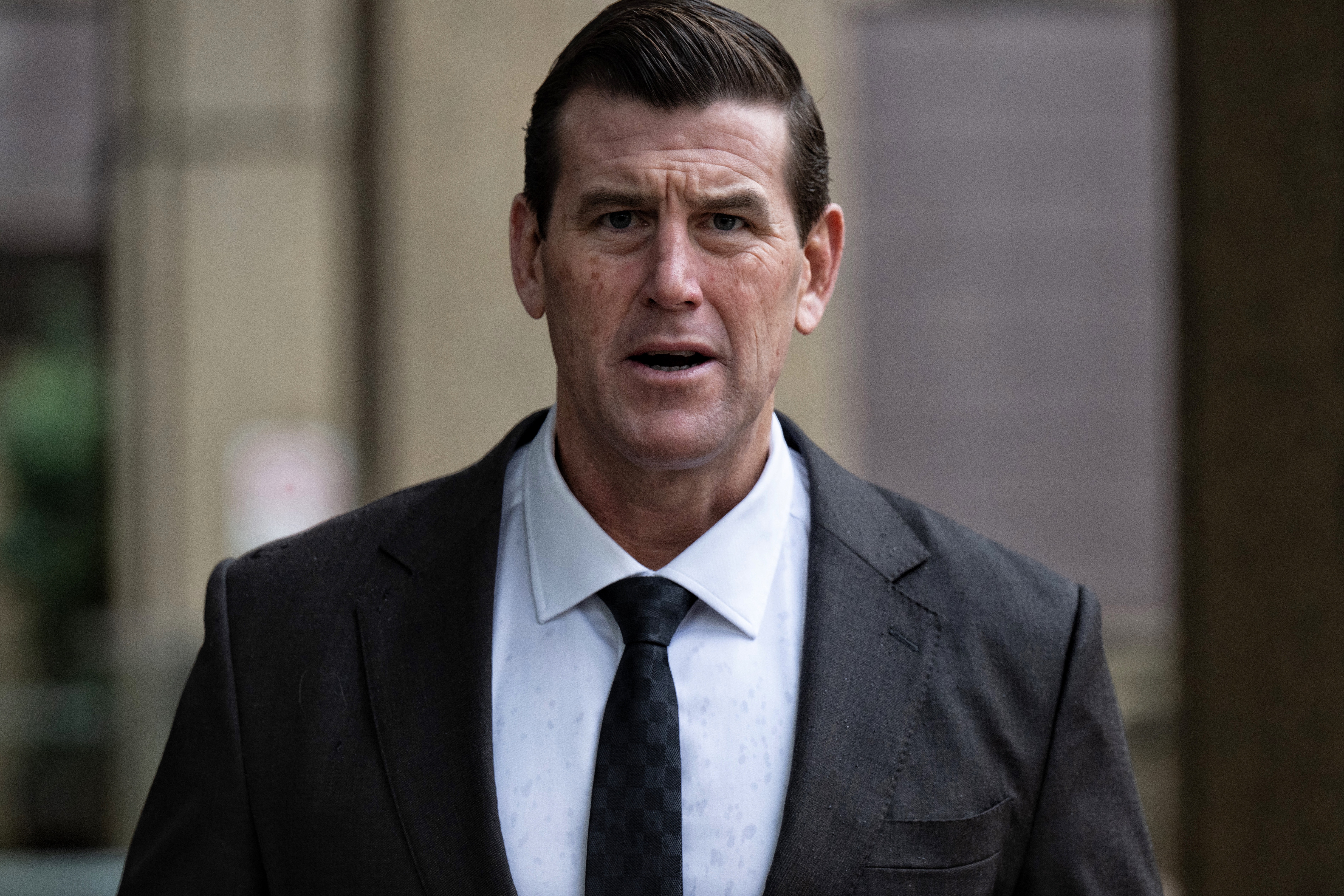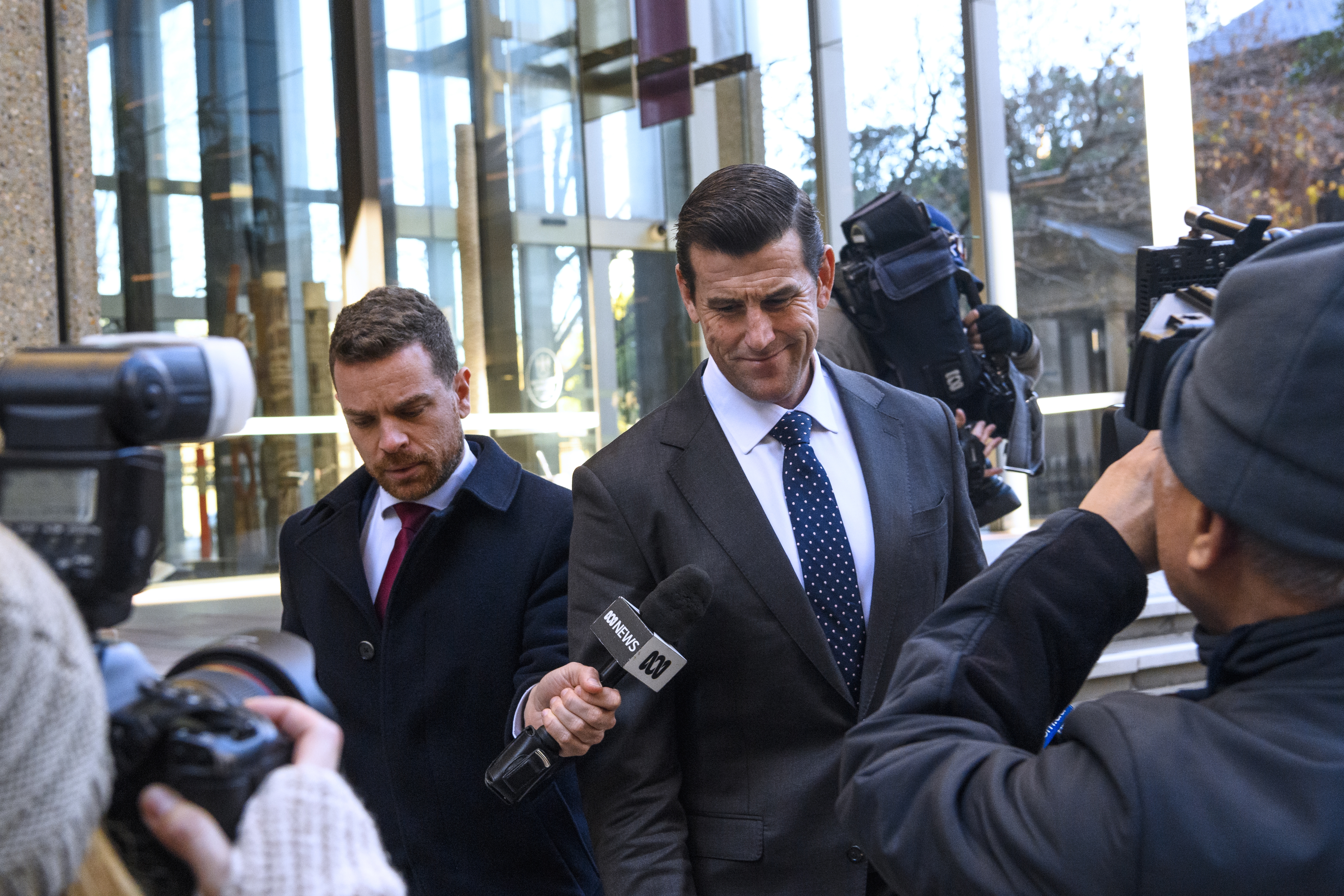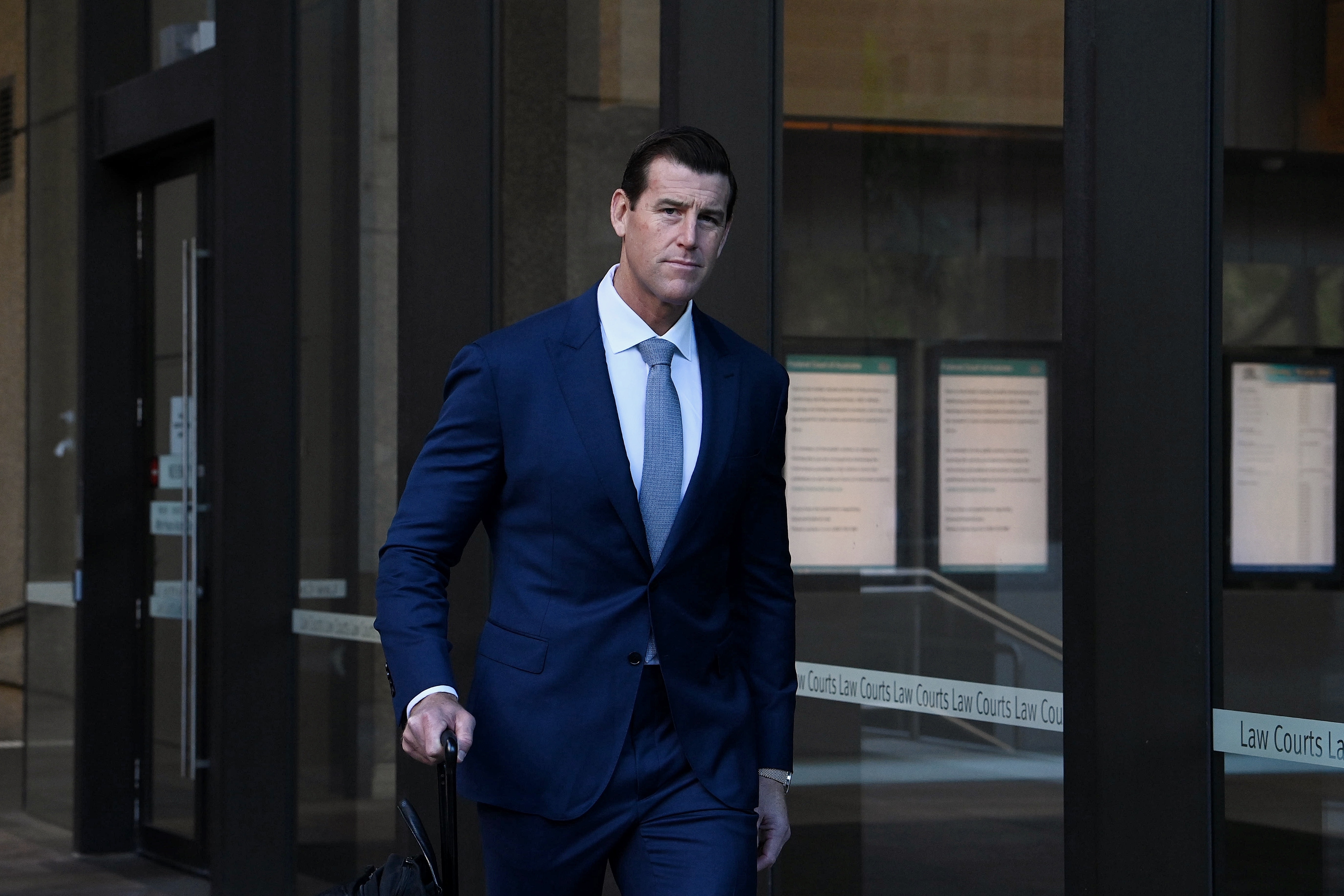Financiers of former soldier Ben Roberts-Smith's failed defamation action against newspapers alleging he was involved in four murders in Afghanistan are fighting to avoid handing over documents as a dispute over the multi-million dollar legal bill continues.
The defamation case was dismissed in June after Federal Court Justice Anthony Besanko ruled the reported allegations of war crimes were substantially true.
Roberts-Smith is appealing that decision and has not been criminally charged.
READ MORE: Simple oversight led to fatal chopper crash
His former employer Seven Network and its chairman Kerry Stokes' private investment vehicle Australian Capital Equity (ACE) partially funded the defamation case against newspapers published by Fairfax, now owned by the Nine, which is the publisher of this website.
Nine contended Seven and ACE influenced proceedings and had a greater financial interest than Roberts-Smith, arguing they should contribute to the mammoth legal bill for the proceedings launched in 2018 which took the court more than 100 days to hear.
"We are talking about many, many millions of dollars," Nine's barrister Nicholas Owens SC told the court on Wednesday.
Seven and ACE won the right to appeal against handing over documents relating to the proceedings in September and barrister Neil Young KC called for the subpoenas to be set aside on Wednesday.
READ MORE: Top US band brawl on stage in Melbourne
The subpoenas were too broad and would capture subjects tangentially related to the proceedings rather than specific facts in issue, including things such as comments on media reporting about the case, he said.
Seven commercial director and general counsel Bruce McWilliam was the target of a subpoena that would capture his communications with former executive Roberts-Smith, who resigned after the defamation case was dismissed.
"All of their communications that refer to or relate to the proceeding are caught, regardless of what subject matter they're addressing," Young said.
The test of relevance initially applied by the primary judge was loose and undisciplined, he said.
Owens said their case involved examining the whole of the relationship between ACE, Seven and Roberts-Smith's lawyers, and none of the documents captured by the subpoenas would be irrelevant, even if they only contained "glancing" references.
READ MORE: Manhunt for ex-husband after Adelaide murder
The court heard hypotheticals about what documents might be captured but not evidence on what documents were actually captured, he said.
"The submission there are or may be irrelevant documents sits very uncomfortably with the submissions that privilege claims are likely to be made over a large number of the documents," Owens said.
Confining the scope of the subpoenas would also limit Nine's case, Owens said.
The court reserved its decision on Wednesday.






